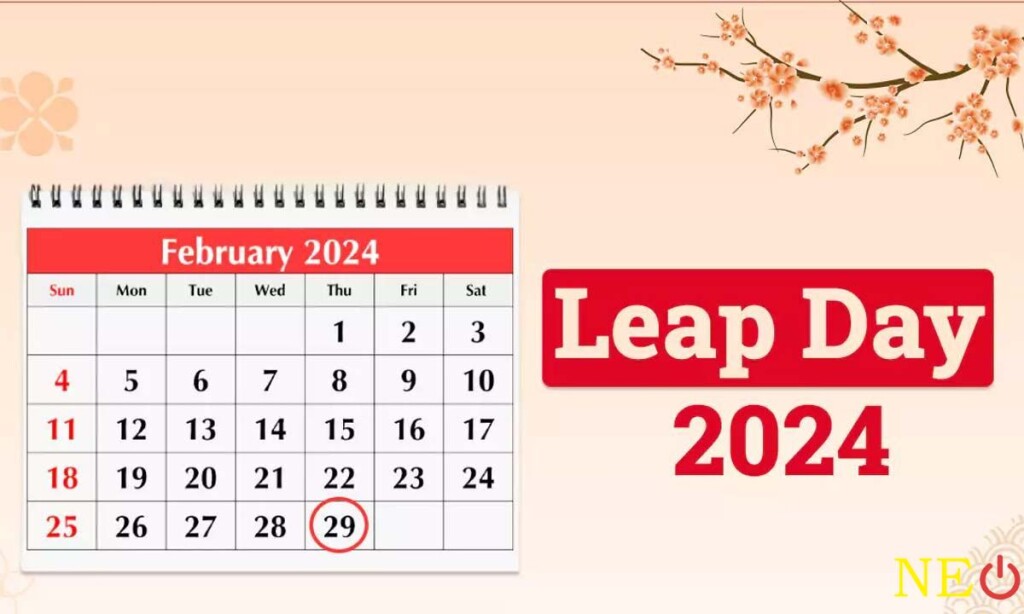Leap Day, observed every four years on February 29, is a unique phenomena rooted in history and tradition. In this article, we'll look at the fascinating facts, discover the history, and understand the significance of Leap Day 2024.
Table of contents [Show]
History of Leap Day:
The notion of Leap Day traces back to the ancient Romans, who first proposed adding an extra day to the calendar to align it with the solar year. This change was necessary to ensure that seasonal events, such as the equinoxes and solstices, occurred at the same time each year.
Julian and Gregorian Calendars:
Julius Caesar adopted the Julian calendar in 45 BCE, which included Leap Day every four years. However, due to a minor error in calculation, this technique resulted in an extra 11 minutes and 14 seconds each year, causing disparities over time. In 1582, Pope Gregory XIII established the Gregorian calendar, which refined the leap year rule to eliminate years ending in "00" unless they are divisible by 400.
Folklore and Traditions:
Leap Day is steeped with superstitions and folklore. According to Irish tradition, women can propose to men on Leap Day, a custom that dates back to the fifth century, when St. Bridget allegedly made a bargain with St. Patrick to allow women to propose every four years. This practice gave rise to the terms "Leap Year Proposals" and “Bachelor's Day.”
Significance in Modern Times:
In addition to its historical and cultural significance, Leap Day helps to keep our current calendars accurate. Without this correction, the calendar year would gradually fall out of sync with the solar year, resulting in seasonal differences over time.
Fun Facts About Leap Day:
- Individuals born on February 29 are often referred to as "leaplings" or "leapers." In non-leap years, they normally celebrate their birthday on February 28 or March 1.
- Musician Ja Rule, rapper and actor Tony Robbins, and motivational speaker are among the well-known leapers.
Leap Day 2024:
As we approach Leap Day 2024, it's critical to remember and celebrate this unusual event. Whether you use it to propose, participate in leap year customs, or simply admire the complexities of our calendar system, Leap Day provides an opportunity to pause and reflect on the passage of time.
Leap Day 2024 is a reminder of the unique history, traditions, and significance of February 29. As we commemorate this unusual event, let us appreciate the uniqueness of the leap year and the contributions of individuals who have formed our modern calendar. Whether you're celebrating a birthday, thinking about proposing, or simply enjoying the novelty of having an additional day, Leap Day provides an opportunity to pause and marvel at the miracles of time.








